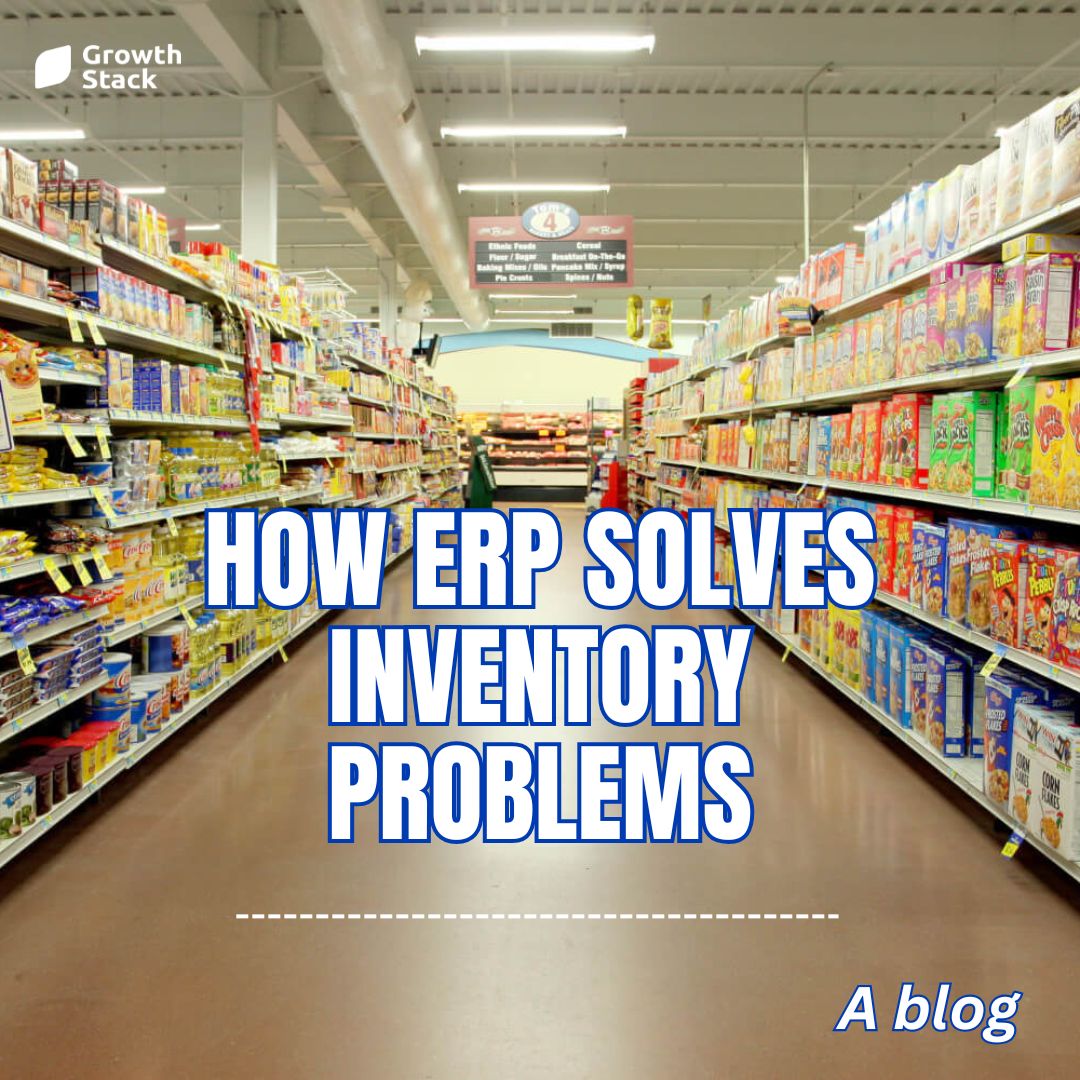Introduction:
An essential component of any firm, financial management calls for precise accounting procedures, thorough financial reporting, and effective financial operations. Accounting process automation, improved financial reporting capabilities, and overall financial operations are all addressed by enterprise resource planning (ERP) solutions created specifically for financial management. In this article, we’ll examine the main advantages and features of ERP for financial management, showing how these tools can revolutionize financial procedures, enhance decision-making, and promote business success.
Integrated Financial Data:
An integrated platform for managing financial data across divisions and affiliates is provided by ERP for financial management. ERP maintains data consistency and reduces the need for manual data entry by integrating a variety of financial modules, including general ledger, accounts payable, accounts receivable, and cash management. Real-time visibility into financial transactions is made possible by this integration, which also increases accuracy and lowers the possibility of mistakes.
Automation of Accounting Processes:
The processing of invoices, journal entries, and reconciliation are all automated by ERP systems. Organizations can drastically cut manual labor, eliminate errors, and boost productivity by automating these procedures. ERP improves financial operations, speeds up transaction processing, and increases overall efficiency via predetermined workflows and approval processes.
Comprehensive Financial Reporting:
Accounting software for financial management offers comprehensive reporting and analytical features. Financial statements, balance sheets, income statements, and cash flow statements can all be easily produced by organizations. Real-time insights into financial performance are provided via customizable dashboards and reports, which empower management to take wise decisions. ERP systems also make it easier to comply with regulatory reporting obligations, ensuring that financial reporting is accurate and timely.
Budgeting and Forecasting:
Budgeting and forecasting processes are supported by ERP systems, enabling businesses to set financial goals, make budget plans, and monitor performance against those goals. Accurate forecasting, scenario modeling, and variance analysis are made possible by integrated financial data and analysis tools. Organizations can strengthen their control over financial resources, optimize resource allocation, and increase the accuracy of financial planning by utilizing ERP for budgeting and forecasting.
Risk management and compliance:
ERP for financial management assists businesses in reducing financial risks and ensuring adherence to accounting standards and industry rules. Internal controls that are already in place, audit trails, and restrictions on user access all improve security and stop fraud. ERP systems reduce the risk of non-compliance and the related fines by facilitating adherence to regulatory requirements such as Generally Accepted Accounting Principles (GAAP) and International Financial Reporting Standards (IFRS).
Cash Flow Management:
Successful organizations must have effective cash flow management. ERP systems provide cash management modules that let businesses keep track of their cash balances, forecast their cash needs, and make the most use of their available cash. ERP for financial management enables businesses to optimize working capital, lessen payment delays, and improve cash flow predictability by giving real-time visibility into cash balances, payment terms, and receivables.
Integration with External Systems:
ERP systems can effortlessly interact with other systems including banking platforms, payment gateways, and financial service providers. This interface improves overall efficiency by streamlining financial processes and automating payment processing. Enterprise resource planning (ERP) systems can be integrated with external systems to decrease manual work, improve accuracy, and get rid of data silos.
In conclusion, using ERP for financial management completely transforms an organization’s accounting procedures, financial reporting, and overall financial operations. ERP systems simplify financial management procedures, improve decision-making, and propel the success of the organization by centralizing financial data, automating accounting procedures, enabling thorough financial reporting, facilitating budgeting and forecasting, assuring risk management and compliance, optimizing cash flow management, and integrating with external systems. Businesses can increase the efficiency, accuracy, and visibility of their financial operations by implementing an ERP solution designed for financial management, which eventually leads to better financial performance and strategic growth.










